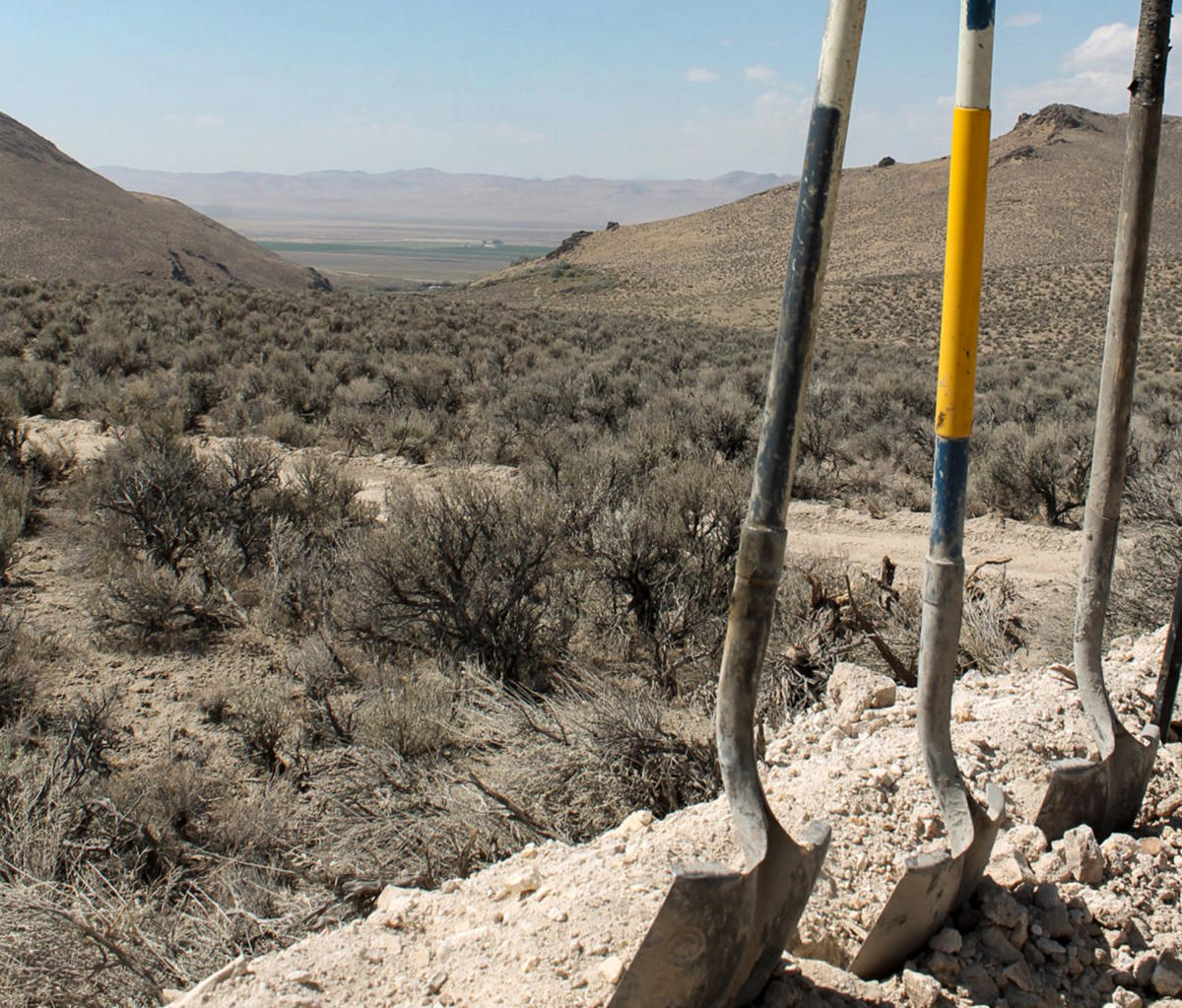
Table of Content
▼A US judge has ordered the government to revisit part of its environmental review of a planned lithium mine in Nevada but denied efforts opponents to block it in a ruling the developer says clears the way for construction at the nation's largest known deposit of the rare metal widely used in rechargeable batteries.
The ruling marks a significant victory for Canada-based Lithium Americas Corp. at its subsidiary project near the Nevada-Oregon border, and a setback, at least for now, for conservationists, tribes and Nevada ranchers, who have all been fighting it for two years. Opponents said they are considering an appeal based in part on growing questions raised about the scope of the 150-year mining law.
It's the latest development in a series of high-stakes legal battles that pit environmentalists and others against so-called "green energy" projects that are lobbying President Joe Biden's administration to help speed the nation's transition from fossil fuels to renewable energy.
The White House says the mine on the Nevada-Oregon line is needed to increase efforts to produce raw materials for electric vehicle batteries.
Critics argue digging for lithium poses the same ecological threats as mining for any other metal or mineral in the largest gold-mining state in the United States. They say efforts to minimize potential environmental and cultural impacts amount to "greenwashing."
"We really need just and sustainable solutions to the climate crisis, and not get bogged down in the biodiversity crisis," said Greta Anderson, deputy director of the West Waters Project, one of the plaintiffs considering an appeal.
US District Judge Miranda Du in Reno concluded late Monday that opponents had failed to prove the project approved by the US Bureau of Land Management in January 2021 would harm wildlife habitats, degrade groundwater or pollute the air.
She also denied, for the third time, relief sought by Native American tribes who argued they could destroy a nearby sacred site where their ancestors were massacred in 1865.
In her 49-page ruling, Du emphasized the consideration of federal agency approval of such projects. But she also acknowledged the complexity of the laws governing energy exploration under a recent US Court of Appeals ruling that she adopted that could pose new challenges for those claiming under the Mining Act. from 1872.
“While this case encapsulates the tensions between competing interests and policy goals, this matter somehow does not pick a winner based on political considerations,” Du warned in the introduction to her ruling.
Other projects facing legal challenges in a US court in Nevada include a proposed lithium mine where a desert wildflower has been declared endangered and a proposed geothermal power plant on federal land near the habitat of an endangered toad.
Last week, GM announced that it had conditionally agreed to invest $650 million in lithium from the Americas in a deal that will give GM exclusive access to the first phase of the Thacker Pass mine, about 200 miles (321 kilometers) northeast of Reno. The equity investment is contingent on the project resolving the final environmental and legal challenges it faces in federal court.
“The favorable ruling leaves the final regulatory approval required to transfer Thacker Pass into construction,” Jonathan Evans, Lithium Americas' president and CEO said in a statement Tuesday. The company expects production to begin in the second half of 2026.
Du handed a partial victory to environmentalists in agreeing that the Bureau of Land Management was unable to determine whether the company had valid mining rights to 1,300 acres (526 hectares) next to the mine site where Lithium Nevada intends to bury the barren rock.
But she rejected opponents' request to vacate the agency's public record approval of the project decision, which would have prevented any construction from beginning until a new decision is issued.
The environmentalists clung to the only part of their decision that was favorable to them. This part includes a recent ruling by the United States Court of Appeals for the Ninth Circuit in a battle over the Mining Act of 1872 in an Arizona case that could prove more difficult for mining companies that want to dispose of their waste on neighboring federal lands.
The San Francisco-based appeals court upheld an Arizona ruling that the Forest Service lacked the authority to approve Rosemont Copper's plans to dispose of waste rock on land adjacent to a mine it wanted to excavate in a national forest by southeast Tucson. The Service and the Bureau of Land Management have long interpreted the Mining Law as transferring the same mineral rights to these lands.
“It is disappointing that the BLM and the Biden administration cannot see through the greenwashing,” Wildland Defense's Katie Fite said Tuesday.
Also Read: Discounts of up to Rs 33,000 on Hyundai cars in February 2023
Neha Mehlawat
Neha Mehlawat is an automotive journalist and industry analyst with 10+ years of experience covering cars, bikes, and mobility trends. She tracks the latest launches, technology upgrades, and policy changes in the auto sector, delivering sharp insights that help readers stay ahead in the fast-evolving world of automobiles.


_1677130438.webp)

_1771494670.webp)
_1771490848.webp)
_1771485173.webp)


